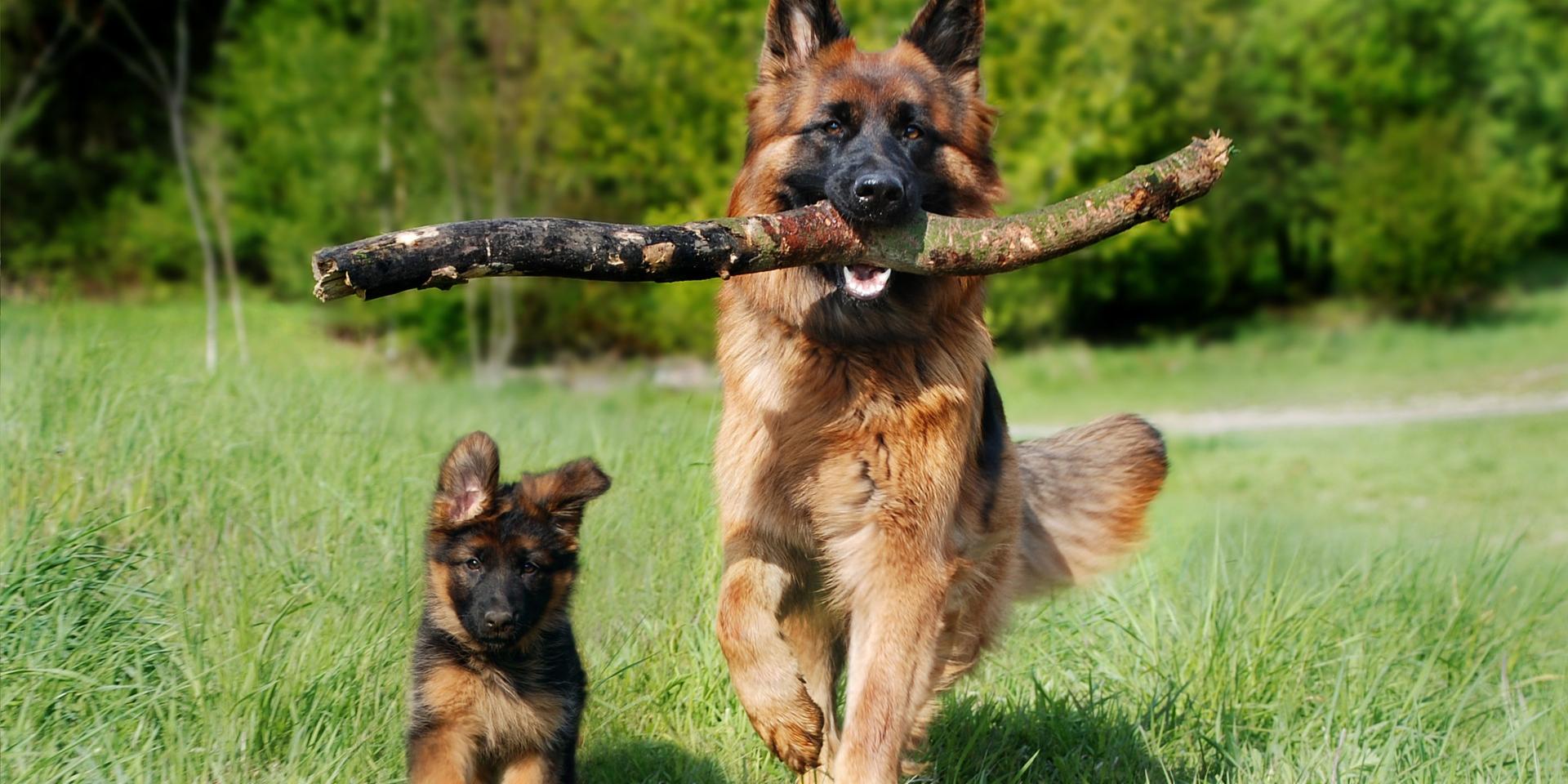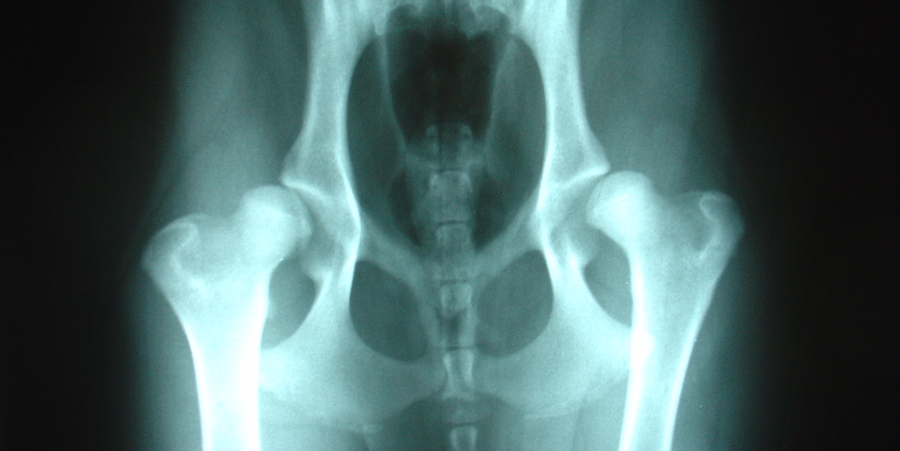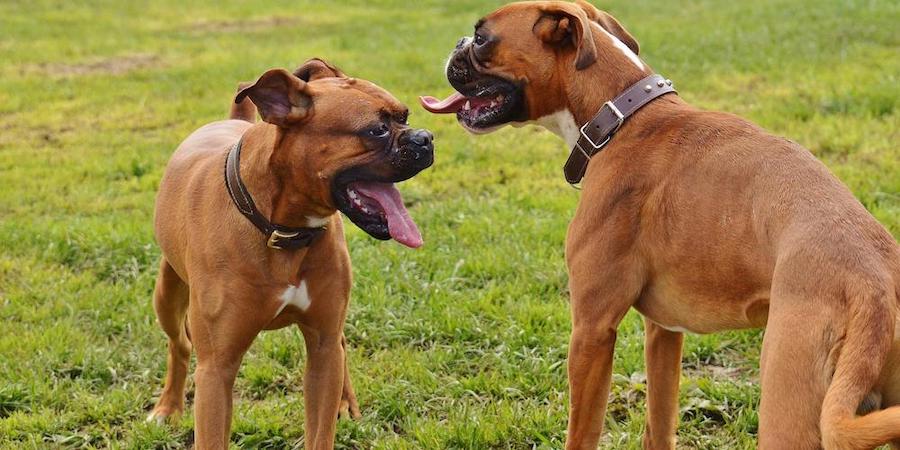Unfortunately, hip dysplasia in dogs is common. However, it usually only affects certain breeds that are genetically prone to it. That’s why it’s important to understand hip dysplasia and how it affects your dog before you decide on a breed.

It is a disorder where the dog’s hip joint does not fit properly into the hip socket. It’s a deformity which occurs when an animal grows and it’s for that reason large dog breeds are affected due to rapid growth.
Some dogs may show signs, yet others may not show any.
There are several factors that contribute to hip dysplasia in dogs such as genetics, breed size, and poor breeding, yet some environmental conditions can worsen the issue. These could be rapid weight gain or obesity, nutritional factors, and pelvic muscle mass.
Your dog may not show any signs of hip dysplasia however, these are some signs to be aware of, especially if your breed is susceptible:
If your dog shows any of these signs, get them check out by your vet as soon as you can. It’s a relatively simple diagnosis using x-rays and the earlier you pick it up, the better chance your dog has of being treated for it it effectively.

Here are some breeds that are at more risk:
There are a few treatment options for hip dysplasia in dogs, from lifestyle changes to surgery.
Non-surgical options:

If non-surgical options are not suitable for your dog, they may need surgery. The most common surgeries to treat hip dysplasia in dogs are:
Double or triple pelvic osteotomy (DPO/TPO)
Performed in dogs less than 10 months old, this surgery improves the function of the ball and socket joint by cutting the pelvic bone and rotating it.
Femoral head ostectomy (FHO)
This surgery reduces the discomfort of hip dysplasia by cutting off the “ball” of the hip joint and as a result the body then creates a “false” joint.
Total hip replacement (THR)
A total hip replacement is the most effective treatment for your dog. The surgeon removes the discomfort for your dog by replacing the entire hip joint.
If you suspect your dog has hip dysplasia, contact us as soon as you can so our veterinarians can examine your dog and make a correct diagnosis. You can call Karingal Veterinary Hospital or book online today.